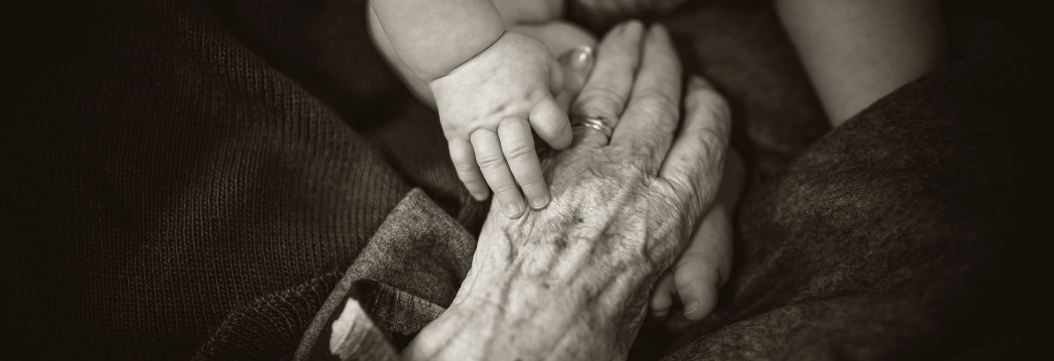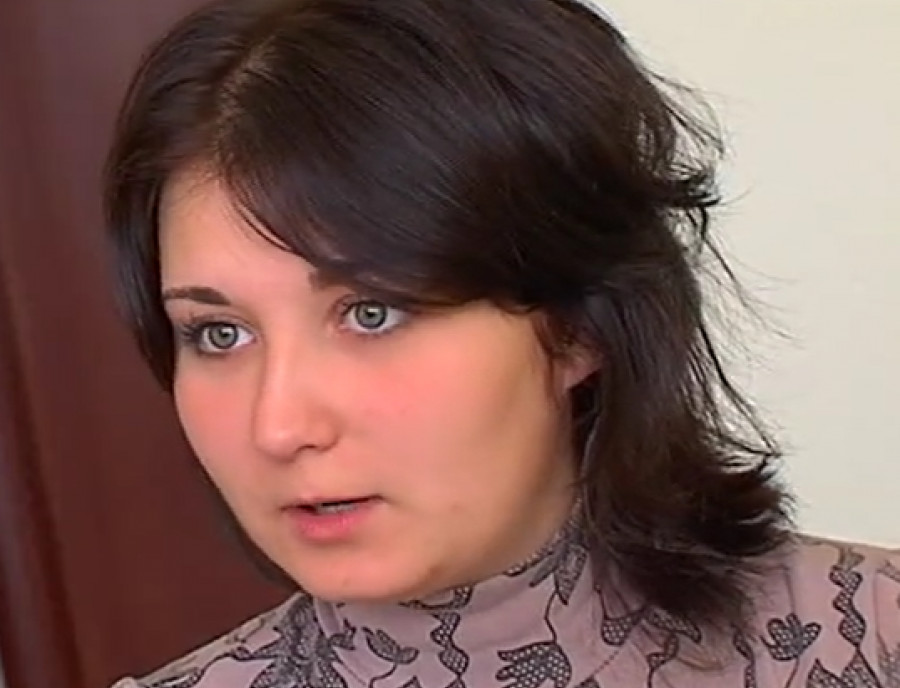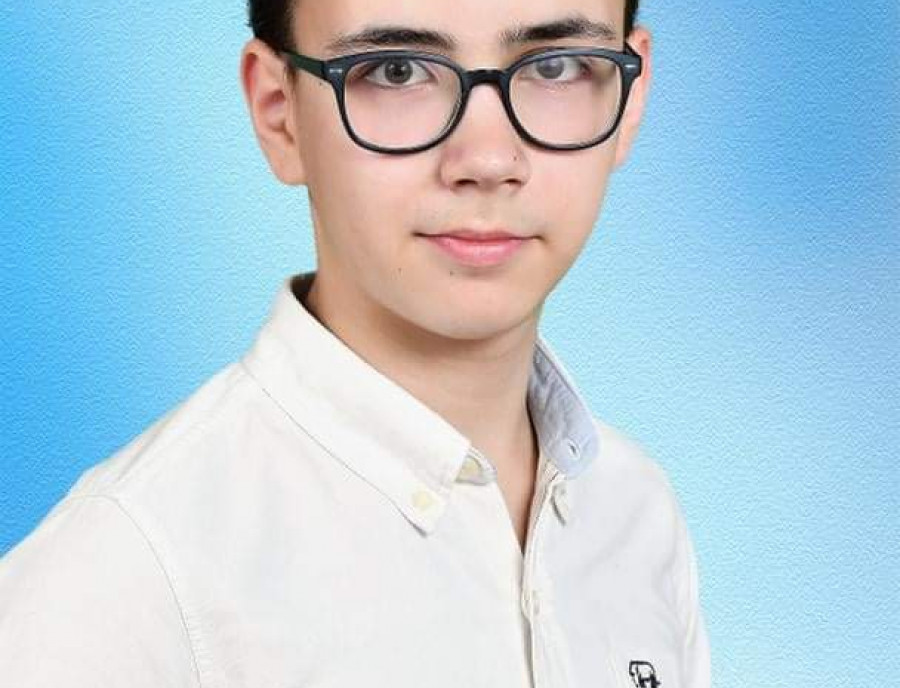HOW DO YOU UNDERSTAND THE WAR?
‘For me, the war means…’
This is what I would not like to see.
When did the war in Donbass begin for you?
When I lived near the regional council, I walked past it to my work and saw mass demonstrations/rallies of people there that were against the Ukrainian government. I forgot what year it was. It was autumn or spring and everything began then... The rallies did not stop, nothing changed and shells began to fly overhead, the thunder of shells was heard. It was getting really scary. That was the war...
Did you happen to see hostilities with your own eyes?
I only heard how everything was flying over my head, and I heard shell explosions. I heard it day and night when we went to bed. And I then realized that there was a war going on.
What did you talk about with your family and neighbours during active hostilities?
We were afraid, we did not understand, we really thought that this all would end and our government authorities would protect us. That it would end somehow, everything would be back to normal, but it was not going back to normal.
We realized that it was unlikely to return because it lasted quite a long period of time and we understood that the end of it was not seen.
What do you remember the most from the experience you went through during the war?
I think that the most important events were when Donetsk, after all years of peaceful life, was suddenly shaken by explosions. This is the first thing. And the second one was when something whistled above our heads and it appeared that not everything was fine in our life. We realized that we had to leave.
My husband is a native of Donetsk, he was born there. The worst thing was when he came back to Donetsk a year later and stayed there for quite a long time. He really did not want to leave, but he realized he had to. And because of that, apparently a psychological impact, he suffered a stroke. I had to go back there to rescue him. This is the worst consequence of the war for me. Everyone had such a moment. And my husband’s stroke is a consequence of this war.
Did you relocate because of the war?
We moved before [my husband’s] stroke. It was a problem for us to find an accommodation. I left with the National University of Economics and Trade for Kryvyi Rih. Since I am a resident of Odesa, we were looking for a housing in Odesa. And when we found it, my husband (I was working at the Trade University in Kryvyi Rih at that time) moved everything over himself. Yet he moved over maybe only a half of what we had. We left most of our belongings in Donetsk. We brought here the main things that we needed.
CHANGES IN THE RESPONDENT’S LIFE. VALUES
What changes did the war bring into your life?
You’d better not ask about it. My husband is a disabled person in the first disability group. He could not get over the fact that he had to leave his hometown, and he suffered a stroke. Today he is in the first group of disability.
And as for me... I am thankful to the people I have, who gave me a chance to find a job in another academy. I had to change my specialty. Now I am 56 years old and I am getting an education in the subject in which I work today. This is a hotel and restaurant business.
I am an associate professor, a candidate of political sciences, but, unfortunately, I could not find a job in my profession, although there are many universities in Odesa. At the age of 56, I am getting my second education because I have to work. Today I work in the field of hotel and restaurant business, so I knowingly went for the Master’s Degree program in this subject. And soon, God willing, I will graduate and get this education. And this all is just because of the war!
If there had been no war, I would easily work in Donetsk. I had excellent prospects for my future life, but the war broke it all.
My husband is a specialist in metallurgy. He used to work well, but today he is a disabled person. This is the result of the war.
How did the war affect your everyday life?
Thanks to my daughter who lives in Amsterdam... She helped me buy an apartment here. We moved our stuff over into it, and nothing has changed in our environment because our old things are around, but we have no opportunity to buy new ones. It is expensive. If I lived my old life, then I would have more opportunities. Thanks to my daughter, we have an apartment. We have rather slim prospects for getting something new today.
What has become the most valuable and important for you in recent years?
We realize that we need peace as we have moved because we don’t have it. Many people do not understand that peace is important, friendship is important, and health is important. There are people around me who have not experienced this. They hardly understand it.
Like war, a disease also lays people low. When health problems arise, they begin to understand it, but before that, in a normal life, they don’t.
What did you learn while overcoming all those difficulties you told us about?
I became firmly convinced of relying only on myself. And thanks to the fact that I realized that I need to rely only on myself, I shoulder our family burdens, looking after a disabled person (in the first disability group) and finishing my second higher education.
When quoting a story, a reference to the source – the Museum of Civilian Voices of the Rinat Akhmetov Foundation – is mandatory, as follows:
The Museum of Civilian Voices of the Rinat Akhmetov Foundation https://civilvoicesmuseum.org/






